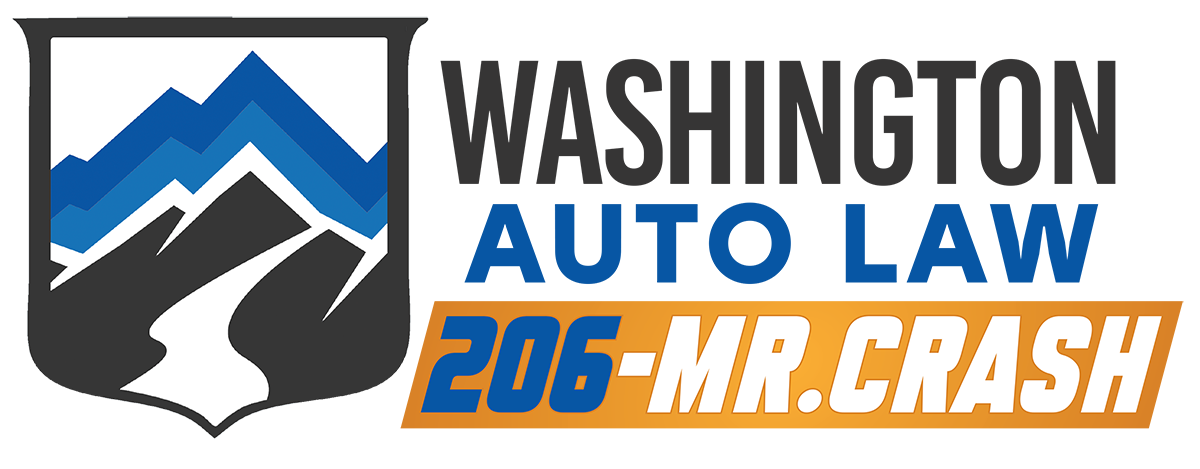
Jackknife truck accidents are both common and extremely dangerous. Every instance of this kind of truck accident has the potential to seriously injure dozens of people on a busy road or highway. But what makes these accidents so dangerous compared to other types of truck crashes? If you want to know more, contact a jackknife accident lawyer in Seattle with Banks Law Office.
Jackknife Truck Accidents
A jackknife truck accident refers to a collision in which the trailer on a semi-truck swings out wide. This motion can cause the trailer and truck cab to fold at the articulation joint, not unlike the action of a folding pocketknife. When a truck jackknifes, it can damage both the truck and the roadway.
Often, jackknifing causes the truck driver to lose control of their vehicle and collide with other vehicles on the road. Drivers and passengers in other cars find themselves helpless in the face of the huge trailer.
Why Are Jackknife Accidents More Dangerous Than Other Types of Truck Crashes?
Jackknife accidents often prove more dangerous than other types of truck accidents because the jackknifing motion causes the truck driver to lose control of their vehicle. An experienced truck driver who maintains control of their vehicle can prevent truck crashes from spiraling out of control following an initial collision with another vehicle. But even a seasoned truck driver has no control of their truck as it swings or spins out of control, so the cab and trailer of the truck can impact numerous other vehicles on the road.
Injuries Caused by Jackknife Accidents
Like other types of truck crashes, jackknife accidents can cause serious injuries for other vehicles involved in the collision. Some of the most common injuries sustained in jackknife truck accidents include:
- Severe lacerations and bleeding
- Broken bones
- Soft tissue injuries
- Whiplash injuries
- Neck and back injuries
- Herniated disc injuries
- Dislocated joints
- Internal injuries and internal bleeding
- Head injuries
- Traumatic brain injuries
- Burns
- Amputations
- Spinal cord injuries, nerve damage, and paralysis
Who Is Responsible?
Most cases of jackknifing can be attributed to the truck driver’s careless or reckless driving. If a trucker exceeds the speed limit or drives too fast for road conditions, they increase the risk of causing a jackknife when they brake.
Improper use of a truck’s brakes can also cause jackknifing, even when a truck is traveling at a reasonable speed. If a jackknife collision is caused by a brake failure, the truck driver might be held responsible if they failed to conduct a required vehicle inspection before getting on the road. Such an inspection could have revealed signs of a potential failure.
The trucking company could be held vicariously liable for a truck driver’s negligence if they employ the driver. In some cases, the trucking company might also be held liable for its own negligence in hiring, training, or supervising the driver. The trucking company could also be held responsible for a jackknife accident caused by braking failures caused by deferred maintenance.
Finally, the truck’s mechanic could be held responsible for a jackknife crash caused by a brake or mechanical failure attributable to improperly performed maintenance.
Compensation for Jackknife Truck Injury Claims
Following a jackknife truck collision that leaves you with injuries, you might be entitled to financial compensation from the party or parties responsible for the accident. You and your attorney could demand money to cover losses that you incurred due to your injuries, including:
- Medical expenses
- Long-term care costs if permanently disabled by the accident
- Lost wages and loss of future earning capacity
- Pain and suffering
- Loss of quality of life or reduced life expectancy
- Vehicle and other property damage
Contact a Seattle Truck Accident Lawyer
Have you been injured in a jackknife truck accident? Call or contact a Seattle truck accident lawyer at Banks Law Office today for a free, no-obligation consultation today. We can discuss your rights and options for recovering compensation for the harm you’ve suffered in a truck crash that wasn’t your fault.


